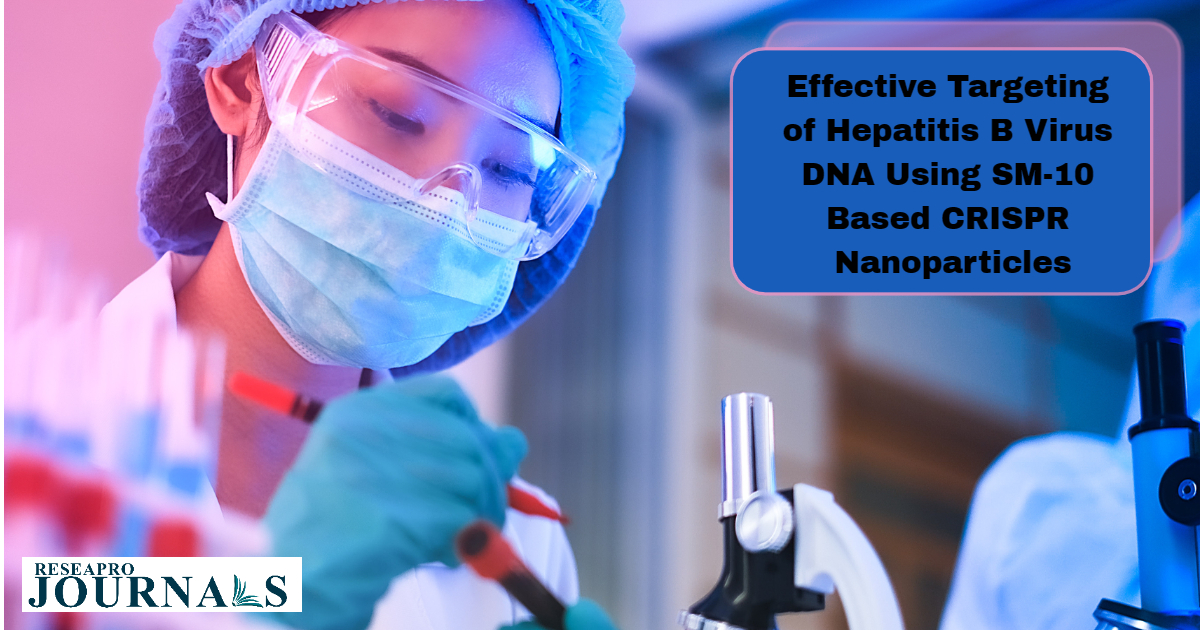|
Getting your Trinity Audio player ready...
|
CRISPR nanoparticle delivery of Cas9 mRNA and guide RNAs via SM-102-based lipid nanoparticles effectively reduced HBV markers by 53–90% in mouse and tree shrew models. Significant decreases in HBcAg, HBsAg, cccDNA (64–95%) were observed, showcasing promise against HBV’s persistent cccDNA and integrated DNA. The treatment demonstrated safety with minimal off-target effects and no liver enzyme elevation. These findings suggest SM-102-based CRISPR as a safe, viable therapeutic strategy targeting HBV, holding potential against chronic infection.




